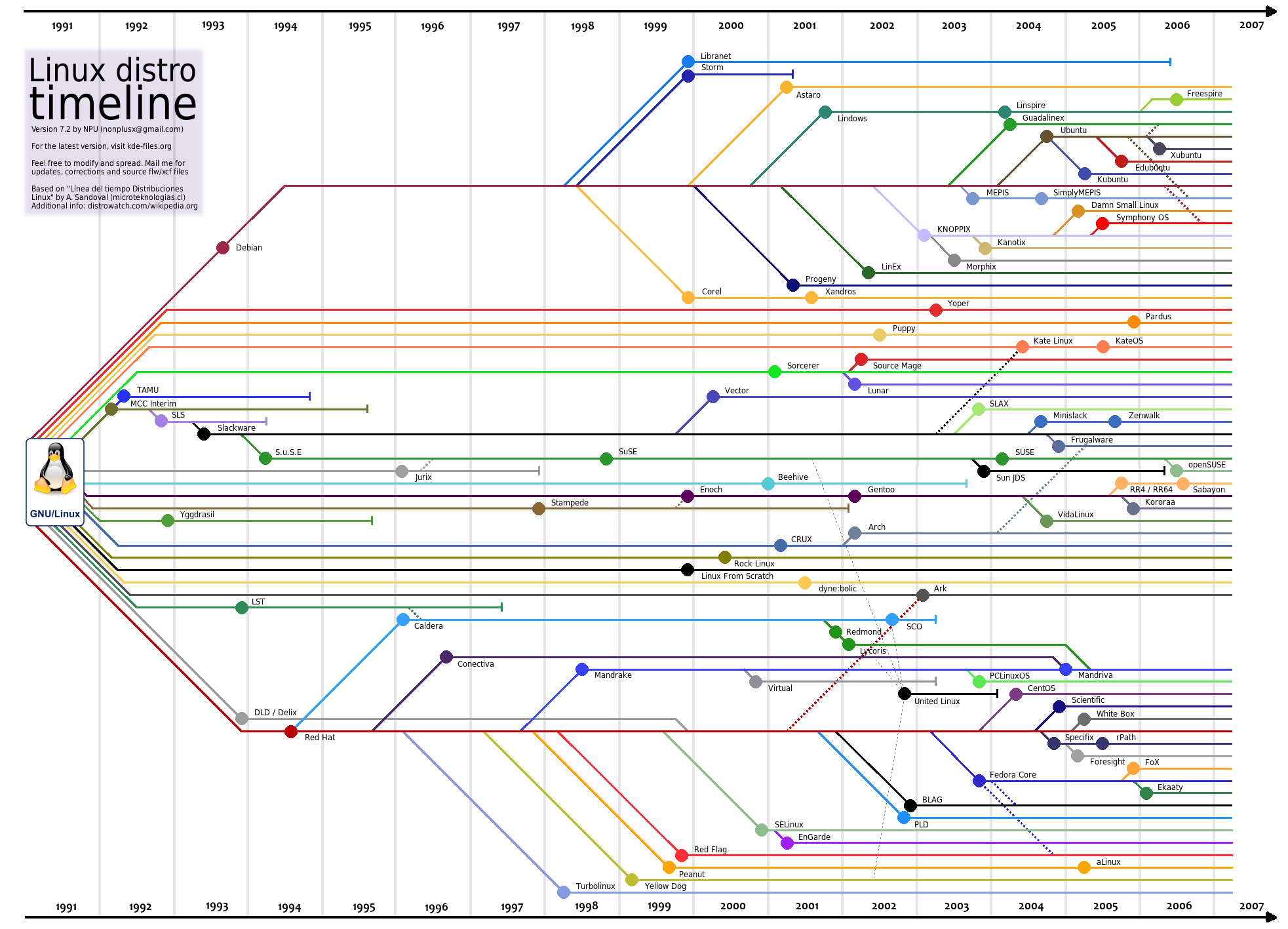Where Are All the Open Source Billionaires?
Hugh MacLeod asks, if open source is so great, where are all the open source billionaires?
If Open Source software is free, then why bother spending money on Microsoft Partner stuff? I already know what Microsoft’s detractors will say: “There’s no reason whatsoever. $40 billion per year is totally wasted.”
This, however is not a very satisfying answer, simply because it doesn’t quite ring true. Otherwise there’d be a lot more famous Open Source billionaires out there, being written up in Forbes Magazine or wherever. And Bill Gates would’ve been ousted years ago.
I can immediately think of one reason there aren’t any open-source billionaires:

Most competition for open source software comes from other open source software. It’s far more cutthroat than the commercial software market could ever be.
Rajesh Setty responded to Hugh’s question with a few additional reasons why it’s difficult for open source businesses to make money:
If open source is license free, the costs have to be low to work with open source. If cost is one of the reasons for a customer to embrace open source, he or she will pay less than what they would have paid to a comparable enterprise software to do the same job. An open source company would have to therefore work twice as hard to a comparable enterprise software company to make the same or less amount of money. This means that they have to have a lot more resources than the competing enterprise software company. How can you have a smaller pie but feed a lot more people and still keep everyone happy?
But I think MacLeod is asking the wrong question, so Setty’s answers, although well reasoned, are irrelevant. There probably won’t ever be any open source billionaires. Just ask JBoss founder Marc Fleury:
To do [open source software] seriously, professionally, in a sustainable fashion you need to make a living. What is clearly compromised is the “instant billionaire” club. I remember the first time I saw Torvalds on a panel and someone asked “why isn’t there an open source billionaire,” and I immediately thought “because you are distributing FREE SOFTWARE, dummy.” And there still isn’t an open source billionaire today. There are very few billionaires period. Your average MSFT developer certainly isn’t one.
I for one don’t believe there will ever be an open source billionaires club. There are and will be many multi-millionaires though. If we execute on our plan without screwing up, we will create a large batch of OS millionaires. We care about the developers and people who create real value in companies getting rewarded.
The lack of open source software billionaires is by design. It’s part of the intent of open source software – to balance the scales by devaluing the obscene profit margins that exist in the commercial software business.
Gross profit margins in the Software sector ranged from 95.0% (CHKP) down to 31.1% (FISV), with the median for the group at 76.8%.
Duplicating software is about as close to legally printing money as a company can get; profit margins regularly exceed 80 percent.
To ask where the open source billionaires are is to demonstrate a profound misunderstanding of how open source software works. If you wanted to become obscenely rich by starting an open source software company, I’m sorry, but you picked the wrong industry. You’ll make a living, perhaps even a lucrative one. But you won’t become Bill Gates rich, or Paul Allen rich, by siphoning away the exorbitant profit margins commercial software vendors have enjoyed for so many years.
But there is a silver lining.
There are real millionaires – even billionaires – who built companies on open source software. Just ask Larry Page and Sergey Brin. Or the YouTube founders. The real money isn’t in the software. It’s in the service you build with that software.







